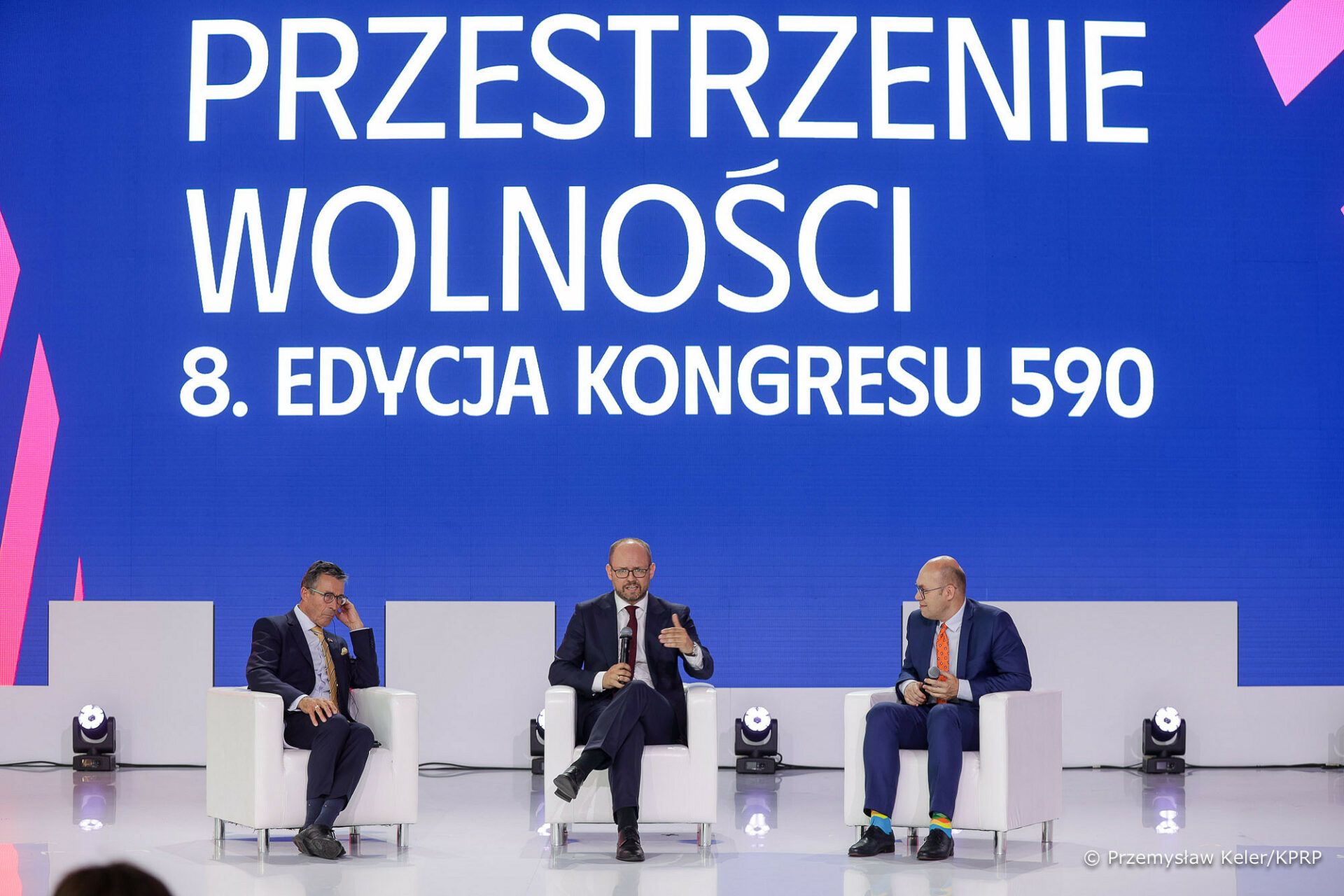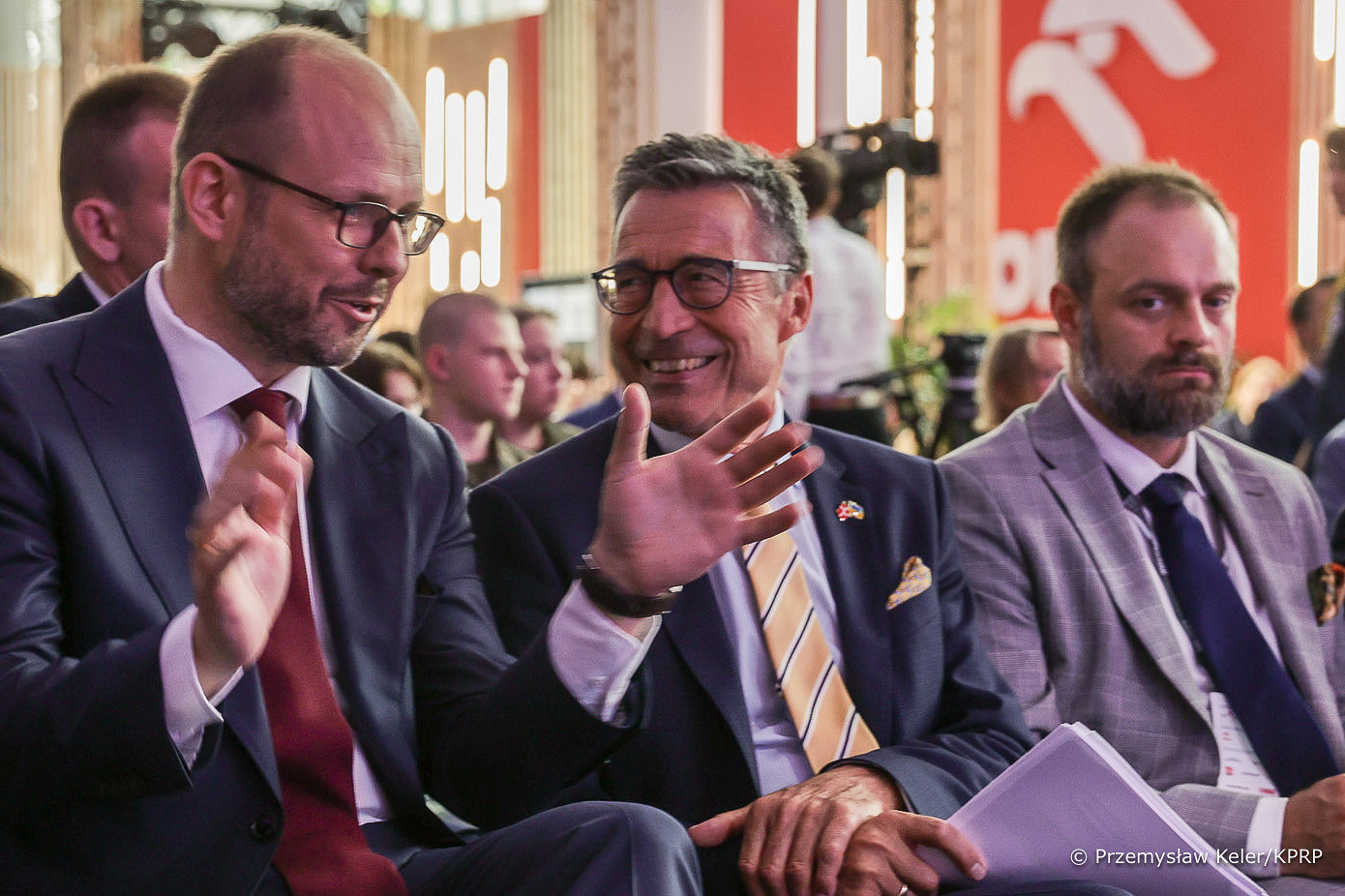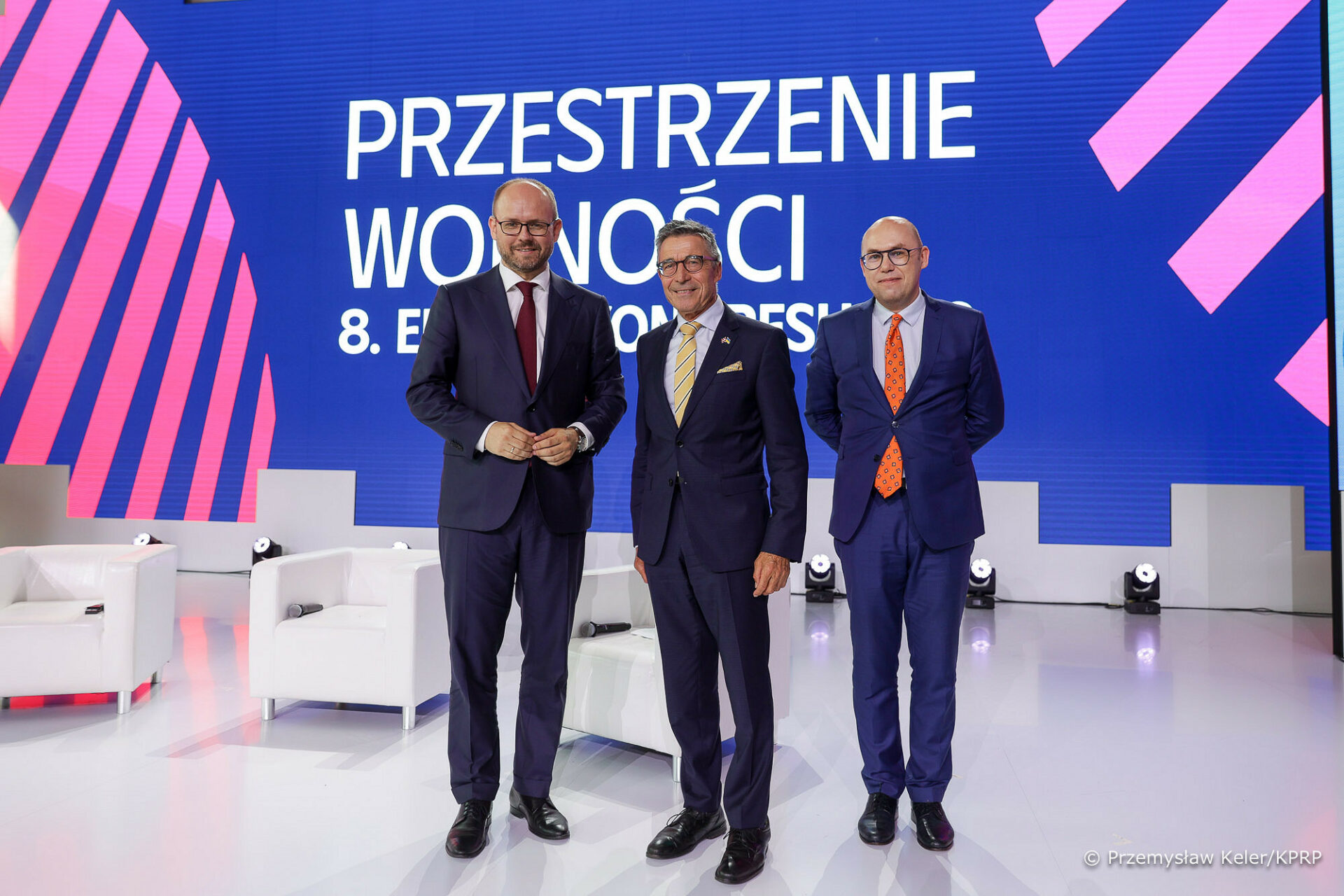A debate on security and defence issues took place in recent days, with prominent politicians in attendance. The head of the International Policy Office, Marcin Przydacz, met with former NATO Secretary General Anders Fogh Rasmussen to discuss the current challenges facing the North Atlantic Alliance.



Key Decisions at the Vilnius NATO Summit Crucial for Regional and Global Security
Marcin Przydacz emphasized that decisions to be made at the upcoming NATO summit in Vilnius would be pivotal for the security of the region and global stability. The conflict initiated by Vladimir Putin is not merely a territorial war but also a battle for values and the primacy of international law.
Strengthening NATO’s Eastern Flank a Priority for Poland
Polish priorities at the NATO summit in Vilnius focus mainly on strengthening the Alliance’s eastern flank. Przydacz stressed that Poland, as the largest state on the eastern flank, bears a significant part of the responsibility for the stability of the entire Alliance. For this reason, support from other member states is expected. Poland also seeks to increase the Allied presence at home and in the Baltic area, both through personnel and by strengthening equipment capabilities, in order to continue its defence and deterrence policy.
An important topic raised by Przydacz was the arms industry. The Minister stressed that Poland considers 2% of GDP as the minimum level of defence spending, which should not be the maximum limit. According to Przydacz, countries on NATO’s eastern flank, including the remote ones, should be supported and should be able to benefit from investments in the arms industry.
In the context of the prospect of Ukraine’s rapprochement with NATO, Przydacz stressed that Poland is in favour of elevating Ukraine’s role within the Alliance. The proposal is to allow Ukraine to convene the North Atlantic Council. The head of the BPM also pointed out that a political decision on the admission of Ukraine should be considered, as in the case of Finland and Sweden, instead of persisting in the formal process of fulfilling further obligations.
Przydacz expressed his belief that Ukraine should be supported in the face of Russian aggression. He pointed out that measures are needed to enable Ukraine to effectively repel Russian aggressive actions, such as supplies of equipment, political, humanitarian and economic assistance.
In concluding the debate, Marcin Przydacz referred to an earlier statement by Anders Fogh Rasmussen, in which he mentioned the lack of unity in the Alliance in 2008. Przydacz agreed that unity was extremely important, but at the same time stressed the need for courage in pursuing specific goals. He stressed that unity cannot be constantly hidden behind a lack of unity, but that it should be worked on to strengthen unity and boldly pursue common goals.
The debate on security and defence brought important and timely topics that will form the basis for further discussions at the NATO level. Poland clearly highlighted its priorities, including strengthening the eastern flank, supporting Ukraine and developing the arms industry. The NATO summit in Vilnius in July is expected to bring important decisions that will affect the security of the region and the global balance of power.
